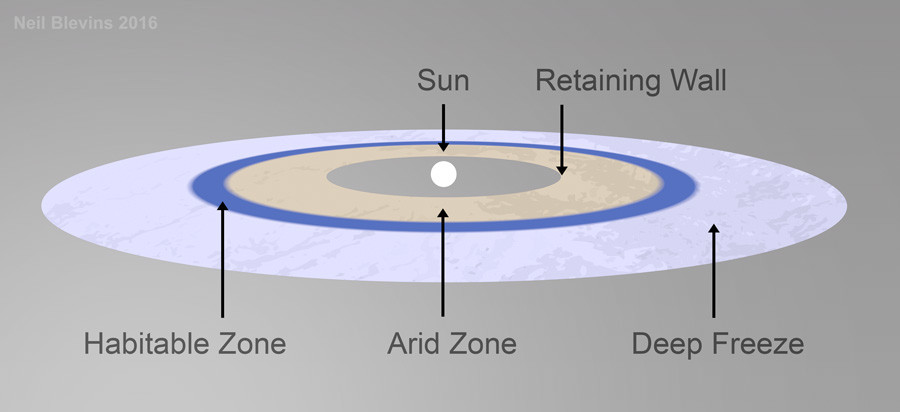I have to reject your premise. IRL, Primitive hunter-gatherers used tied-off animal bladders as canteens to carry water with them. Hang a bladder from a tree with a pinhole in it; let water drip into some other vessel (e.g. a depression lined with a bladder), and the volume of water collected measures time.
People would have to be animals to not be able to measure time.
As others have mentioned, sleep is a necessity for the brain, and not just for "rest". A primary biological function of sleep is for the body to conduct janitorial work on the brain; neural functioning consumes energy and eliminates waste. Neurons are living beings, after all. If this waste accumulates, it can literally kill neurons, it impedes their oxygen uptake and creates pressures on them that choke them to death.
During sleep, blood vessels dilate and put pressure on the neurons, which can make them malfunction, but more importantly, the pressure causes them to expel their waste into the bloodstream, to be transported to various waste receptacles in the body. Being unconscious during this cleaning process protects the person by preventing action based on these neurons misfiring during cleaning (which they do). There are other important functions that are performed during sleep as well, such as memory consolidation and learning, that also physically affect neurons.
As a general rule, it is best to turn the machine off when you are changing the parts of the machine.
The closest analog I can think of for your purpose is dolphins; they have a survival need to be alert 24/7. So they have evolved a mechanism in which the lobes of their brain take turns sleeping for this janitorial and updating duty. When one lobe is sleeping for several hours, the other lobe handles the alert duties; swimming and staying with their companion dolphins, on the lookout for predators or food, and ready to wake its partner lobe in any emergency.
Dogs are another time-keeping species that can "smell" time. Even entirely during daylight, a dog's sense of smell can tell how old a smell is. For example, when their owner leaves the house, the dog can detect their owner's scent decaying. So accurately, that if the owner always leaves for the same amount of time every day (like going to work for 8 hours and coming home), the dog can reliably anticipate their owner's return within about 15 minutes, and come to wait for them at the door. That scent-decay is the key here has been proven in experiments, by artificially changing the scent concentration and thus fooling the dog.
So there is a biological route that has nothing to do with day/night cycles. Both dogs and dolphins also have some sort of time-keeping that is based on sleep cycles or days. Treated well and as friends, both species "fall in love" with their keepers, and an absence of days can cause mourning behaviors in the animal. While a return of their keeper can cause rejoicing behavior; we have tons of returning-soldier videos where their dogs just go nuts with joy greeting their return. Dolphin keepers can also form relationships with dolphins, playing with them, and the dolphins react similarly when their friend disappears (on vacation or leave for some reason) and then returns weeks later. The dolphins engage in excited greeting and play behavior.
Neither of those is possible without some internal sense of "long" times; and for animals that sleep in several sessions throughout the day (or in the case of dolphins are never fully asleep) it seems some other long-time mechanism must be in play, in their brains.
In any case, for primitive hunters, bladders and stomachs were ready vessels for carrying wet or liquid products. It is suspected that cheese was accidentally discovered by carrying goat's milk in a stomach tied off to work like a canteen; it fermented in there. And a water clock can be made from them without any advanced technology.


